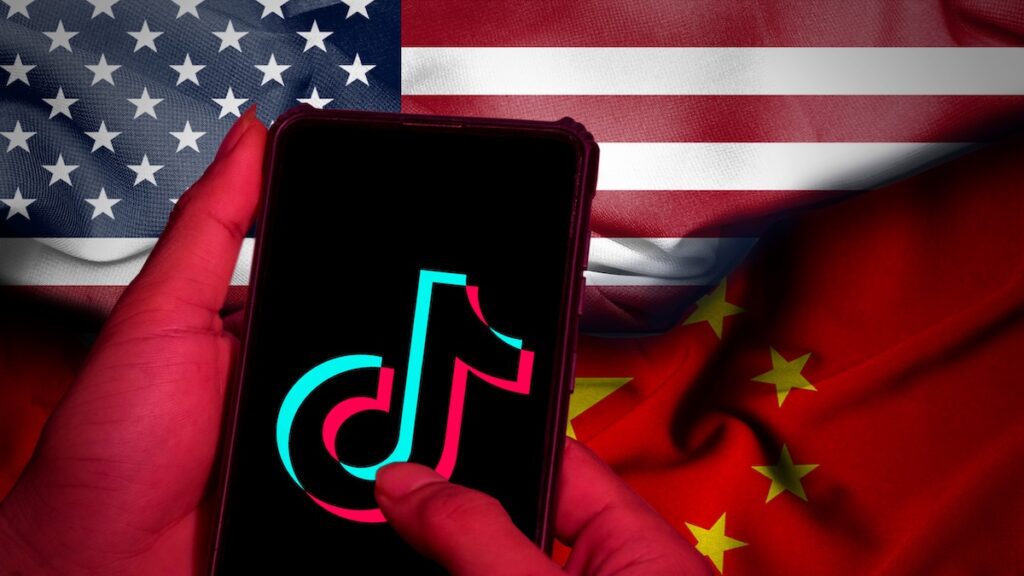
March 14, 2024 at 07:57AM
Lawmakers in Washington have passed a bill posing a potential nationwide ban on TikTok, unless its China-based owner ByteDance sells its stakes within six months. Concerns include data privacy and national security, with the possibility of impacting content creators and small businesses. The bill awaits Senate approval, with potential legal and security ramifications if enacted.
Based on the meeting notes, the House has passed legislation that would ban TikTok if its China-based owner ByteDance doesn’t sell its stakes in the popular social media platform within six months of the bill’s enactment. The bill essentially gives ByteDance two options: sell TikTok or face a ban. If ByteDance chooses to divest its stakes, TikTok would continue to operate in the U.S. if the President determines “through an inter-agency process” that the platform is “no longer being controlled by a foreign adversary.” The bill would also require ByteDance to give up control of TikTok’s well-known algorithm. If ByteDance chooses not to sell, TikTok would be prohibited from app stores and web-hosting services until a divestiture occurs.
The company has denied assertions that it could be used as a tool of the Chinese government. Apart from security concerns, some lawmakers, researchers, and critics of TikTok posit the app suppresses content unfavorable to Beijing, which TikTok denies. The Office of the Director of National Intelligence also warned that the Chinese government has used TikTok to influence recent U.S. elections.
The Senate would also need to pass the measure for it to become law, and it’s unclear what will happen in that chamber. President Joe Biden has said he will sign the bill if lawmakers pass it. If that happens, ByteDance would have 180 days to sell TikTok to a qualified buyer.
In 2020, former President Donald Trump attempted to ban the social media platform through an executive order, which was later blocked by the courts. The Trump administration also brokered a deal with U.S. corporations Oracle and Walmart, which did not go through. The Biden administration revoked Trump’s executive order but continued a review of the platform by the Committee on Foreign Investment in the U.S., and other efforts to enact nationwide bans were stalled last year amid lobbying from TikTok, influencers, and small businesses.
TikTok has been urging users to call their representatives about the measure and has been engaging in lobbying efforts. If the House bill becomes law, it would impact small businesses who rely on the platform for marketing or sell products on TikTok Shop, as well as social media influencers.
TikTok users may be able to find ways to access the app even if it gets banned, such as using virtual private networks (VPNs) to bypass restrictions. However, using VPNs raises additional security questions, especially for users who go with free or cheap VPN providers they haven’t carefully vetted.
In summary, the fate of TikTok in the U.S. is still uncertain as the legislative process continues and potential legal challenges loom.